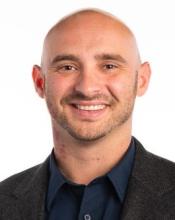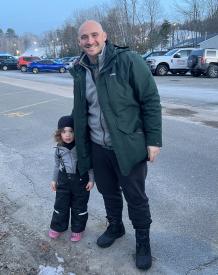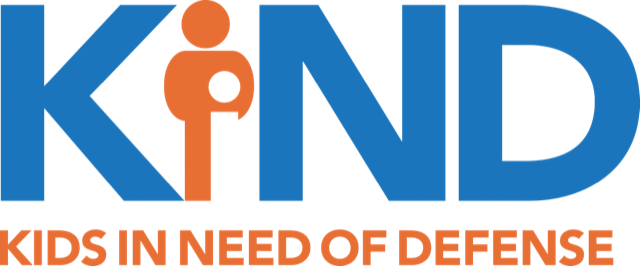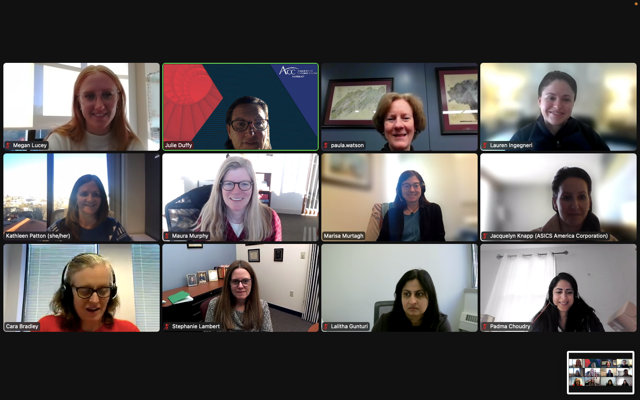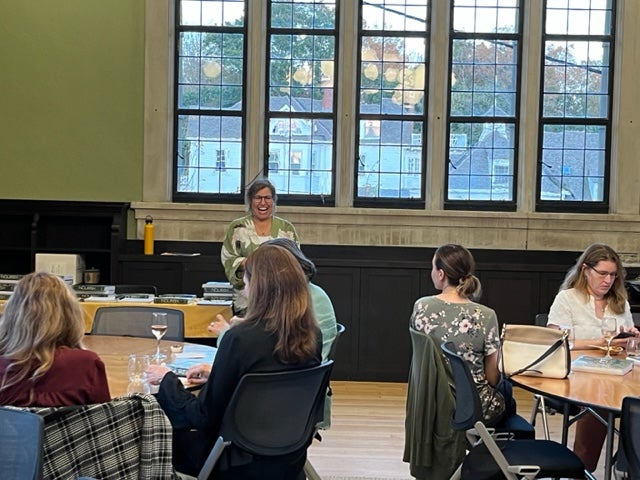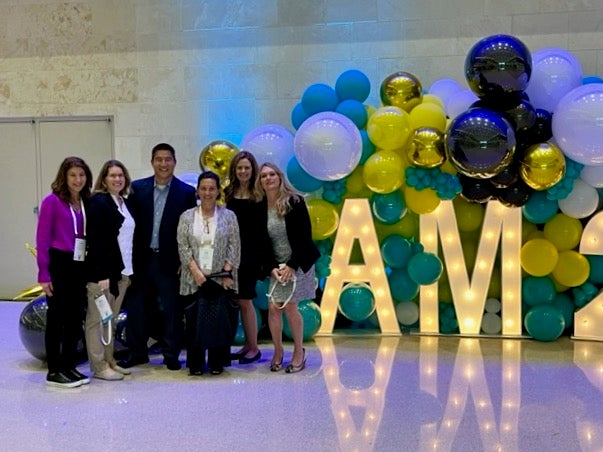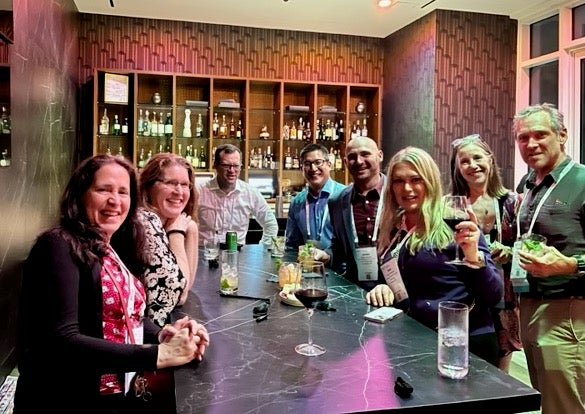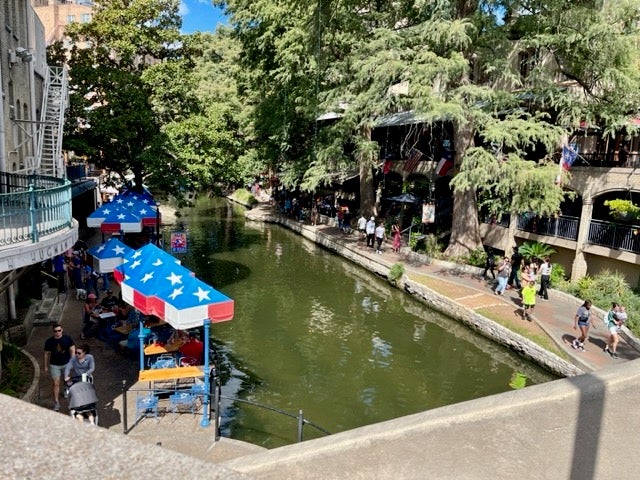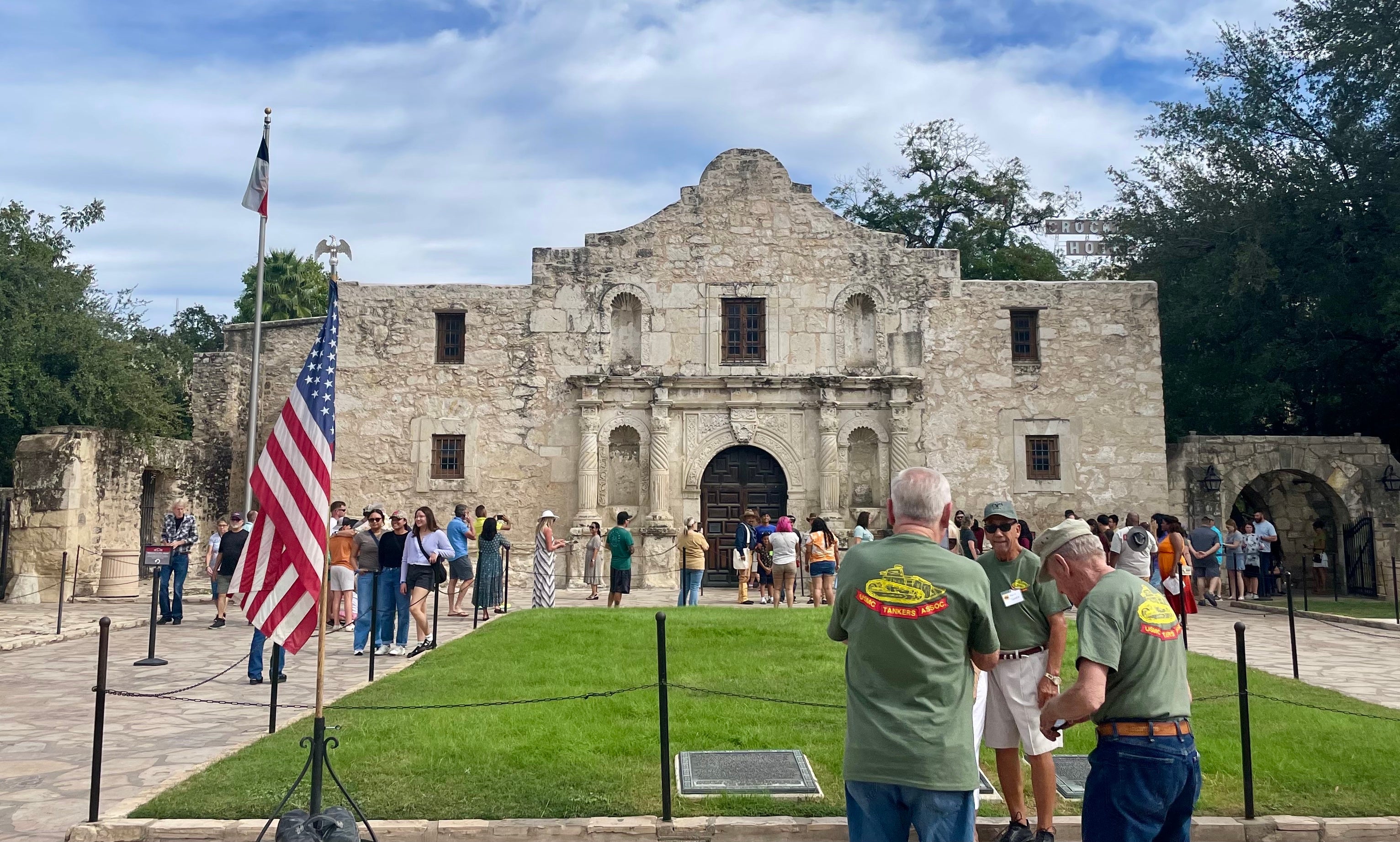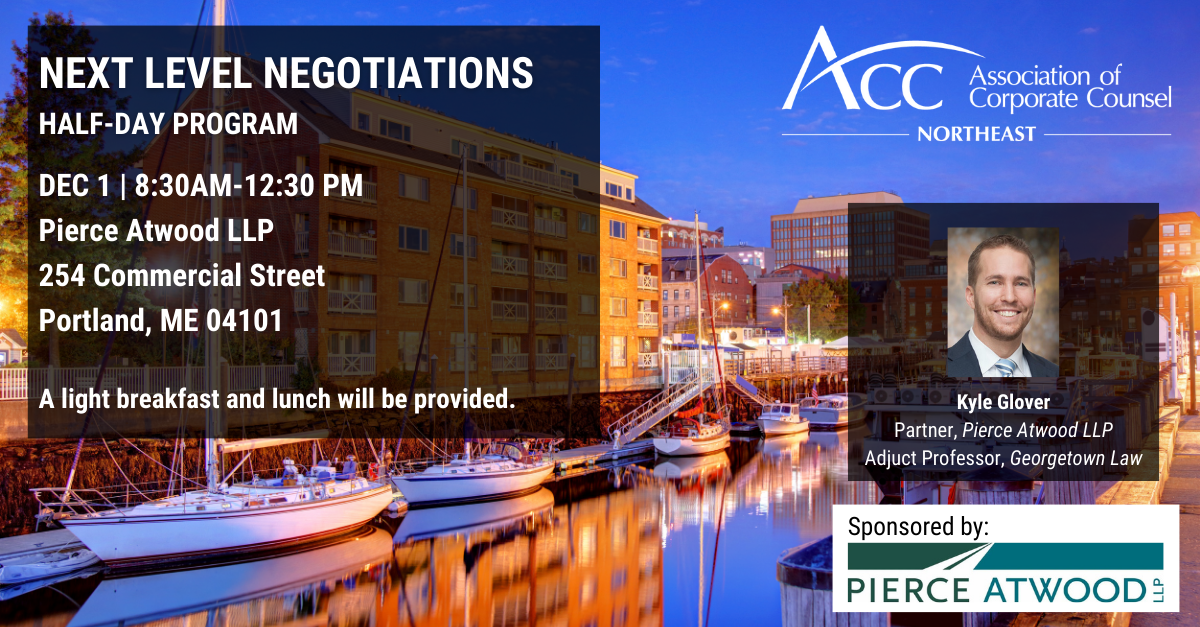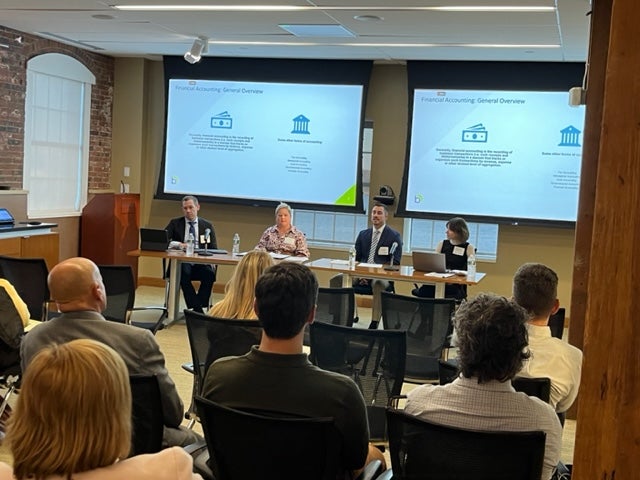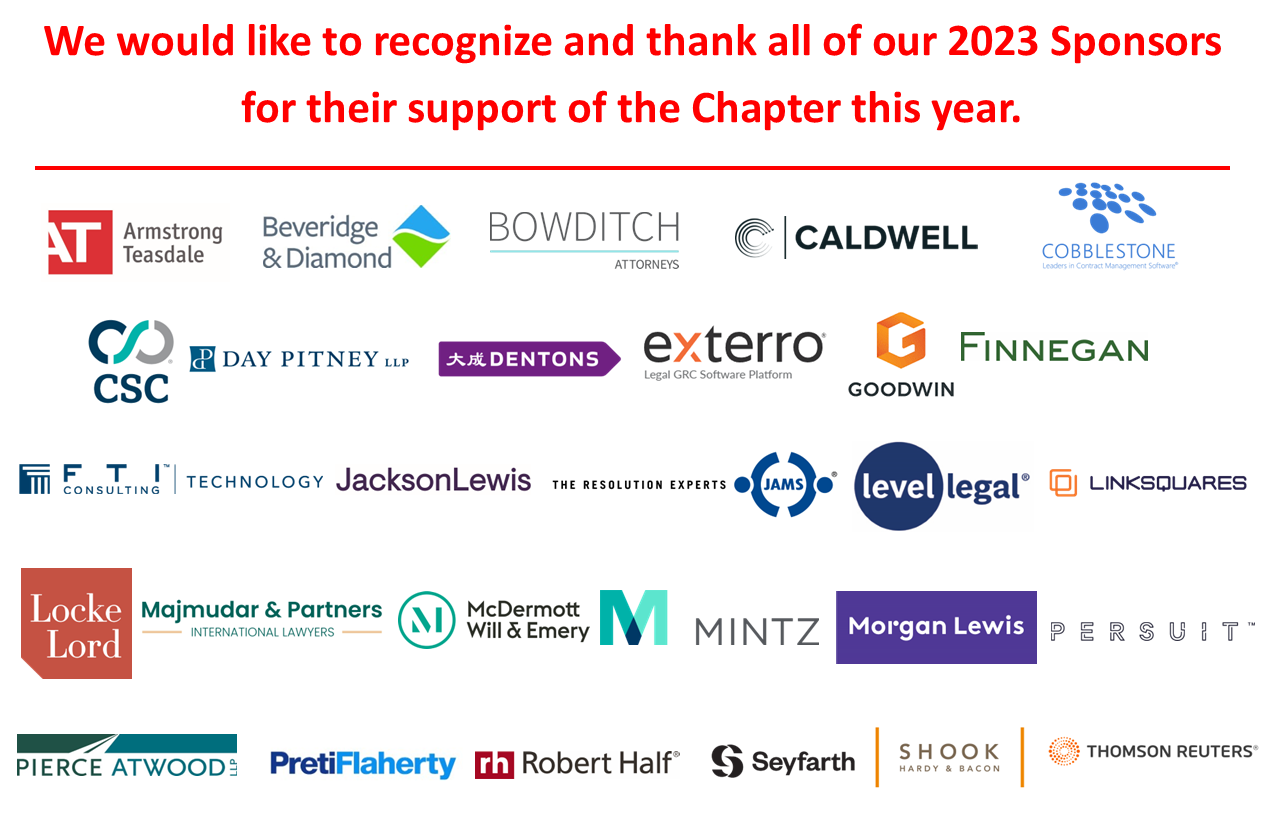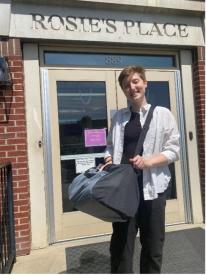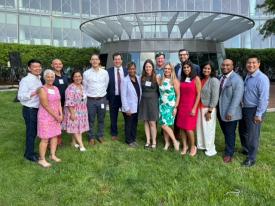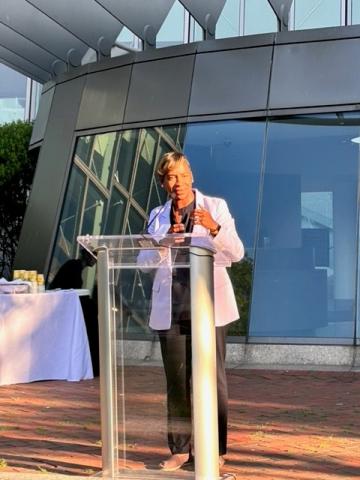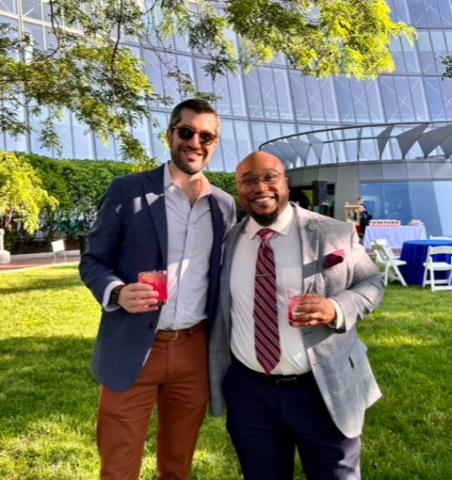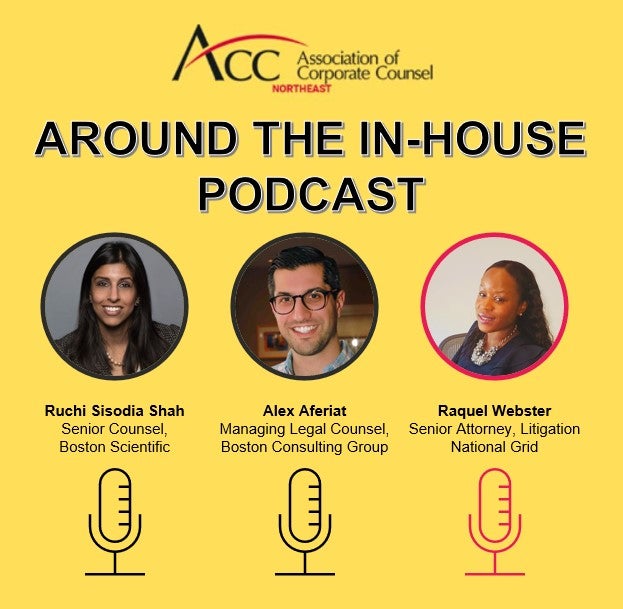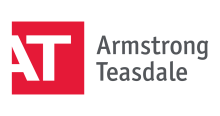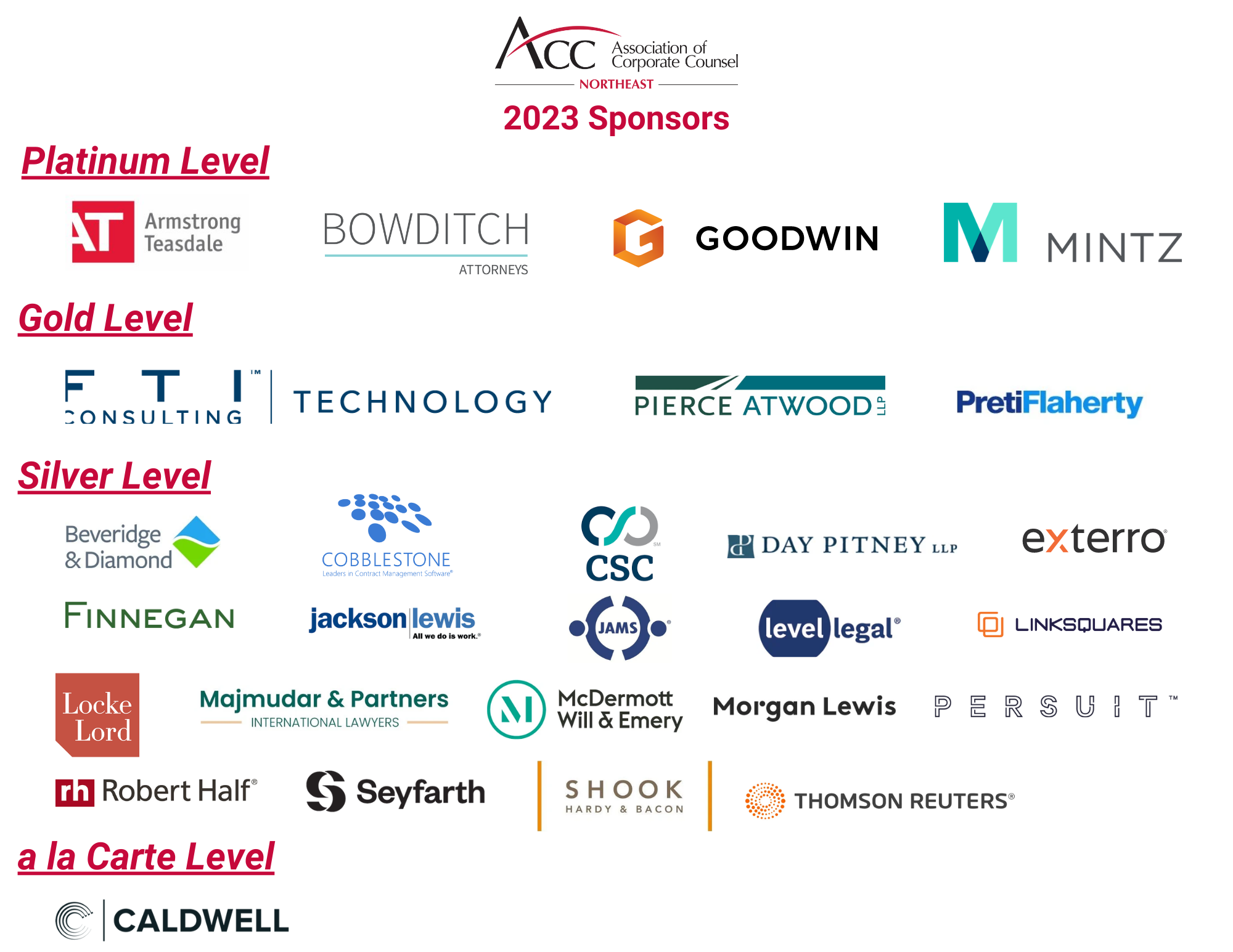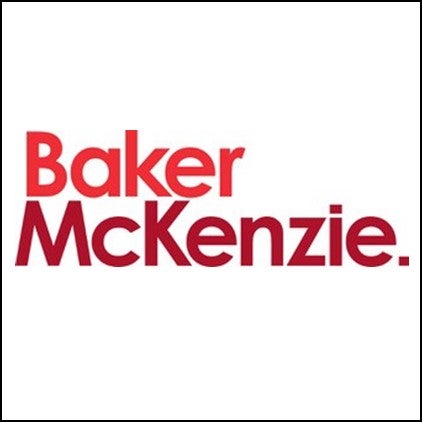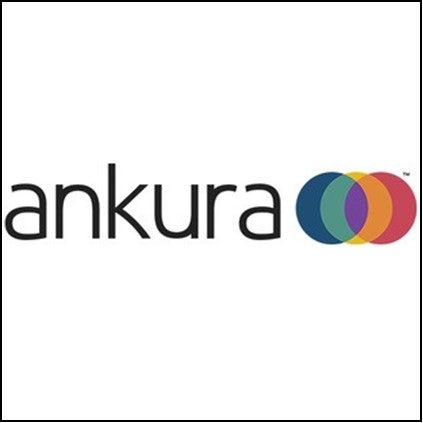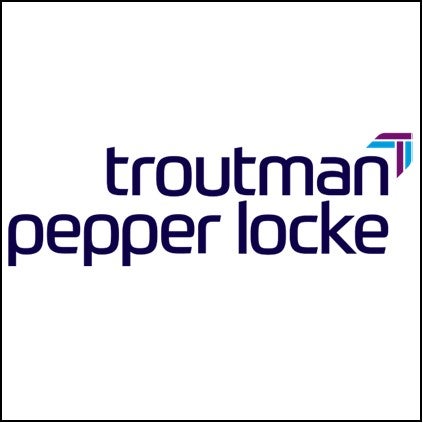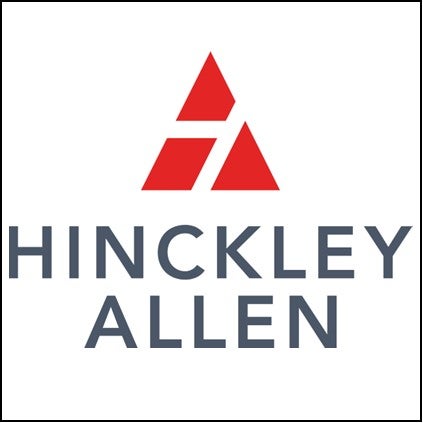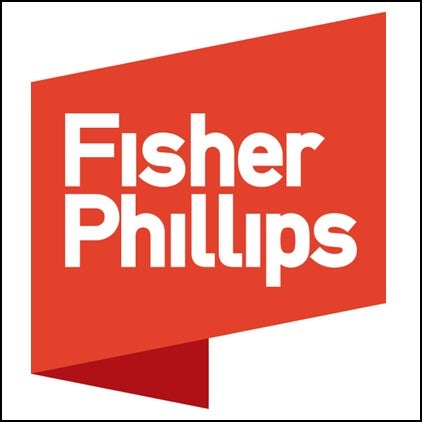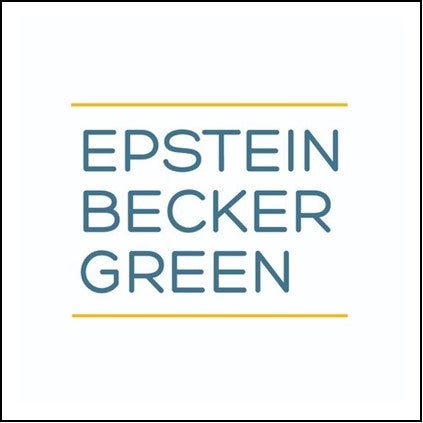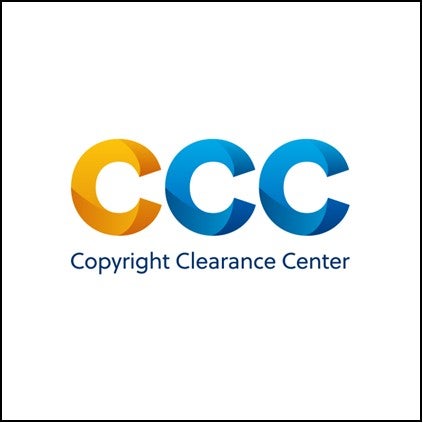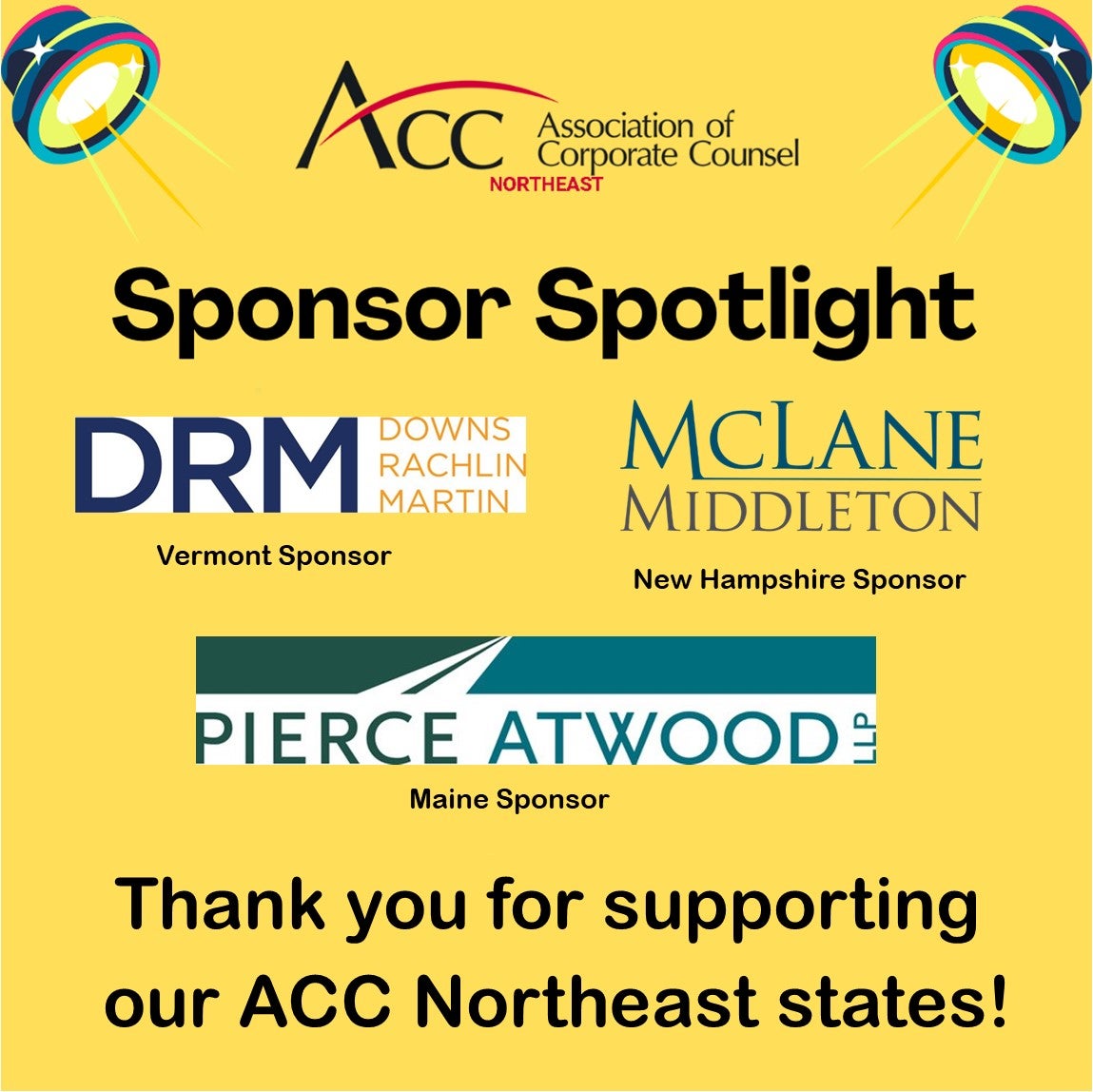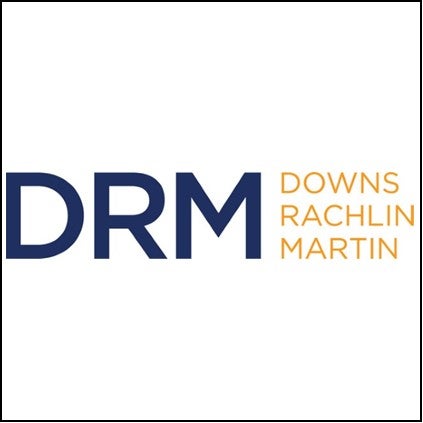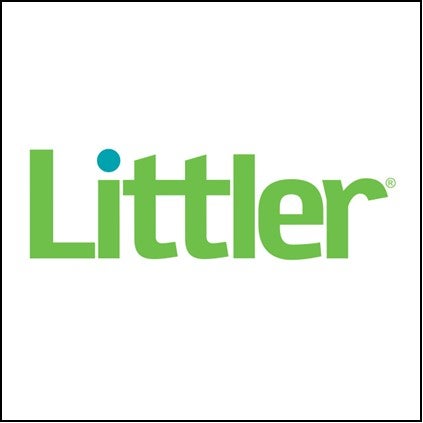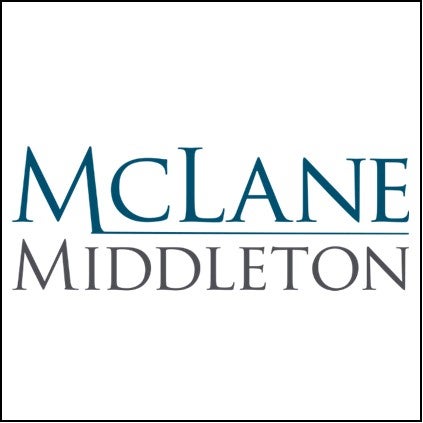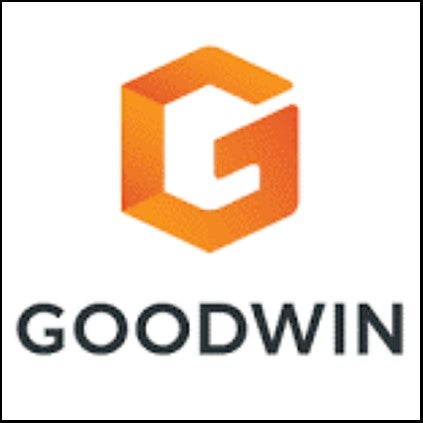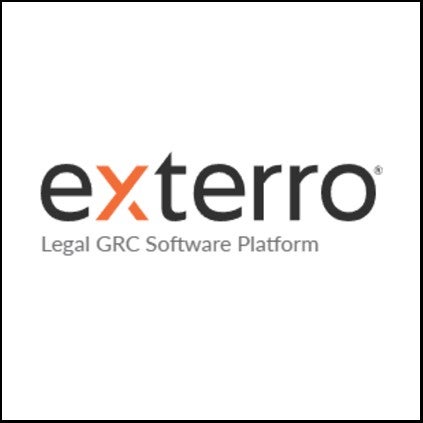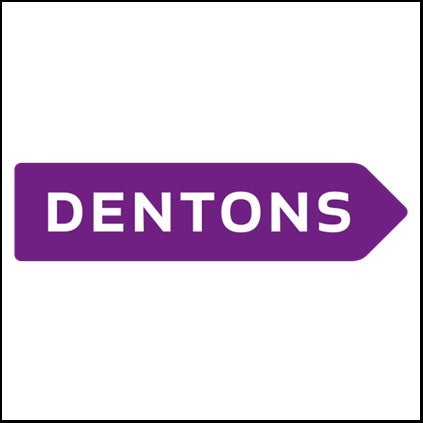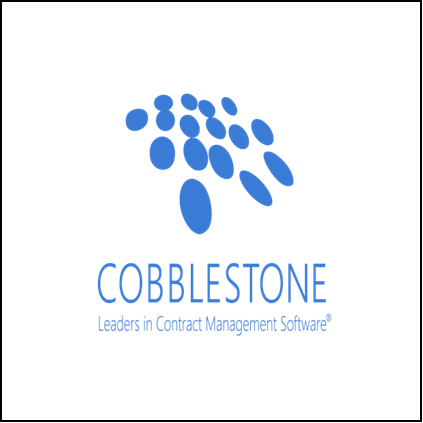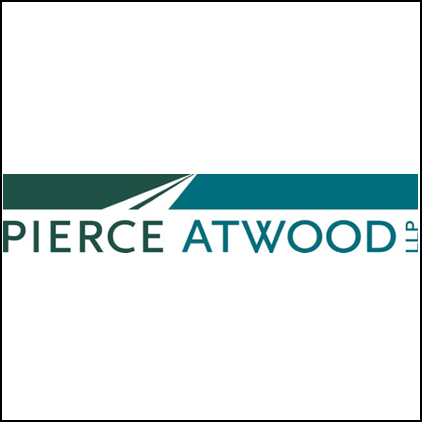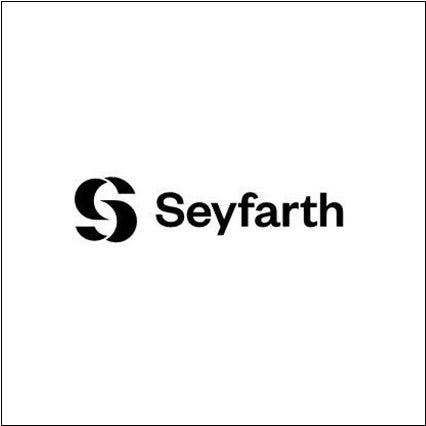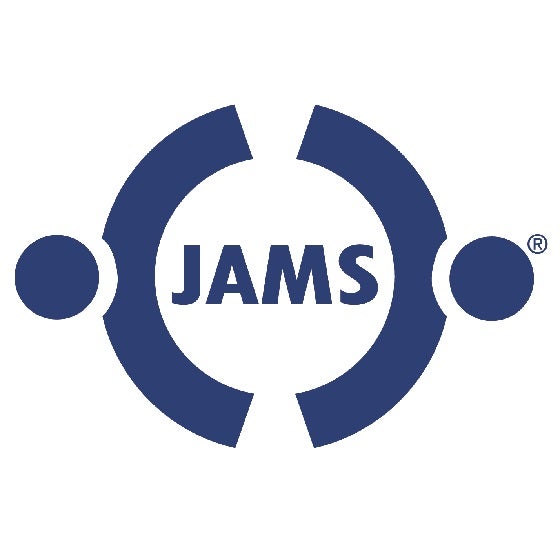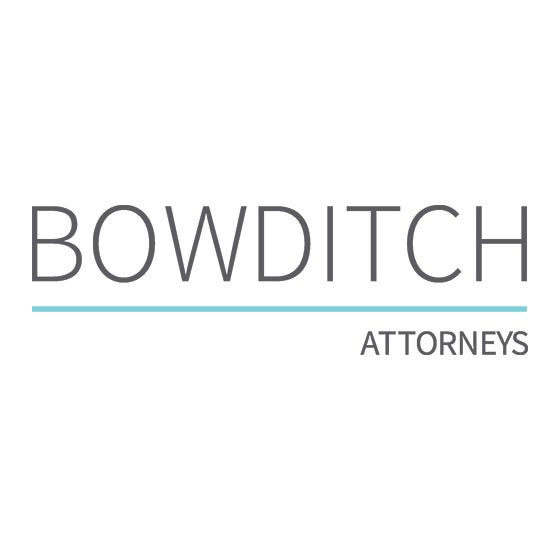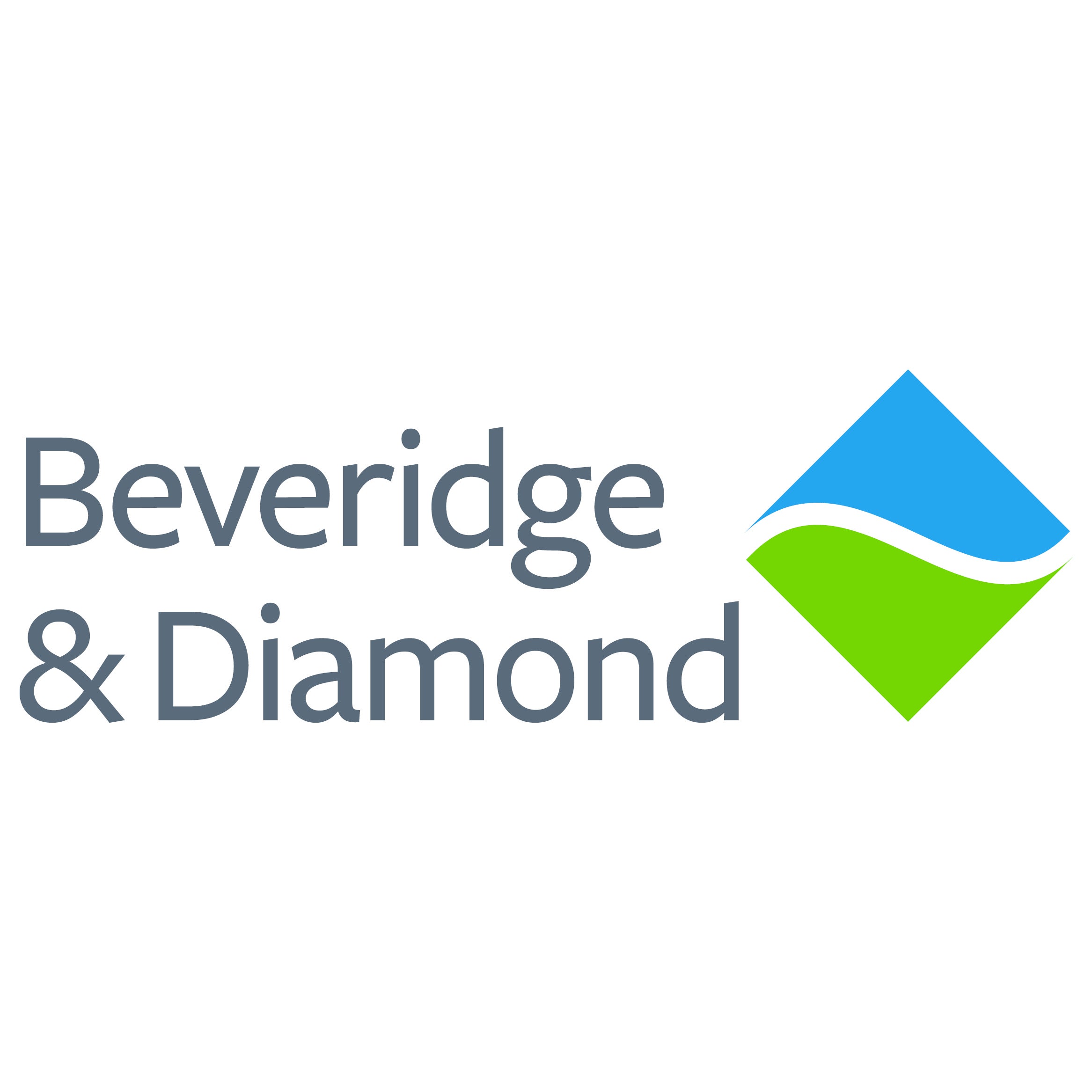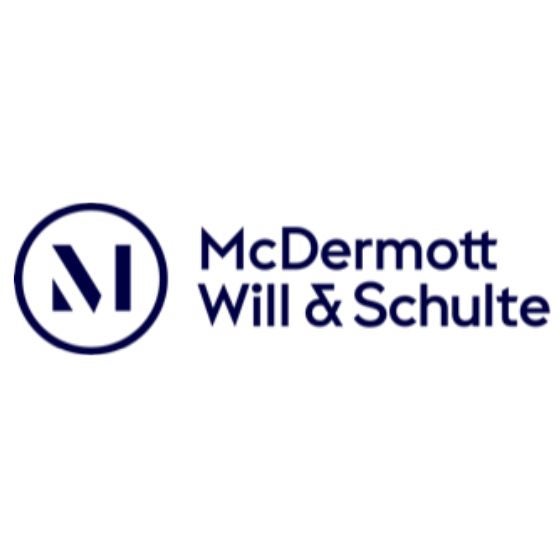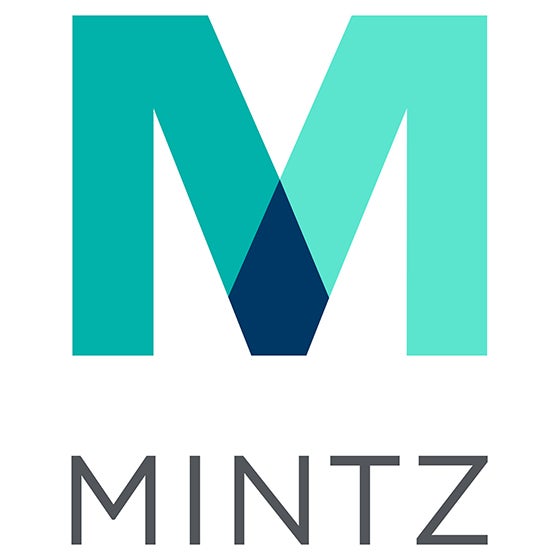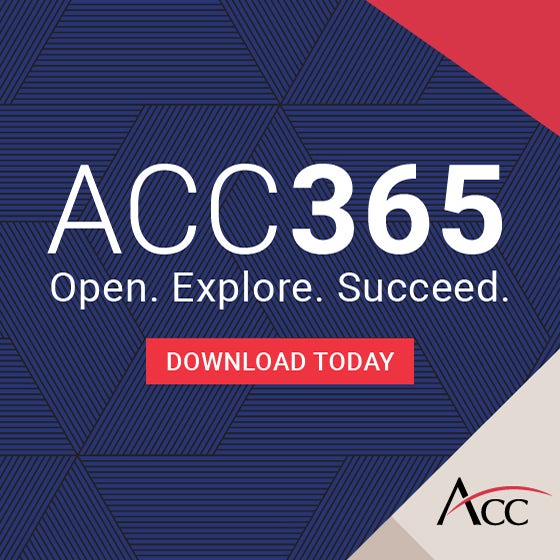Senior Managing Legal Director
Dell Technologies
Dear ACC Northeast Chapter Members and Friends,
In the past, when I was asked by a colleague or friend to explain the value of ACC membership, I would gravitate towards sharing our organizational mission, or metrics around how many members we have or how many programs we host annually. While it is true that the ACC’s mission and the metrics collected to measure the progress of established objectives are important indicators of the organization’s value, this misses the mark on what is truly important and more difficult to quantify. That is the impact that we have on the careers of our members.
As an inclusive, member driven organization, the ACC’s members are our most valuable asset. Everything that we set out to accomplish is driven and measured by the impact that programs and broader initiatives will have on our members. The true, perhaps immeasurable, value of ACC is in the individual stories of members who rely on their peers to assist in finding a new role, venturing into a new practice area or learning about the evolution of the in-house legal function and available resources in areas like technology and artificial intelligence.
I grew up in the legal profession with the ACC Northeast Chapter as an integral platform for my development. For nearly a decade I’ve had the pleasure to serve in various committee and board leadership roles – for almost as long as I have practiced law. The lessons that I learned and the connections I made serving as Vice President, as a leader on the Communications Committee, Social Media Committee, Pro Bono Committee, Membership Committee, Board Nominating Committee, and as the co-founder and chair of the Next Gen Committee helped shape my perspective on what matters most to our members. One month into my new role as the Northeast Chapter’s president, it is these experiences and the people I continue to learn from, who help me sharpen this member driven focus.
I recently attended my first ACC Annual Meeting in San Antonio, and it was a wonderful reminder of the power of this organization. There is no better place to network, share ideas, and learn from the best legal minds in the industry. Whether attendees focus on attending sessions on cutting edge topics such as the evolving use and regulation of artificial intelligence, the growing importance of ESG, or lessons in leadership, interacting with law firm or legal services exhibitors, or networking with global peers, the Annual Meeting offers world class opportunities for growth.
My favorite Annual Meeting event occurred on the first day, when former CEO and chairman of United Airlines, Oscar Munoz delivered his keynote address. Oscar inspired the crowd with his resilience and humility, which are seminal traits of effective leadership. He talked about the challenges that he faced, and how he maneuvered those challenges to raise employee morale and rebuilt trust with customers, investors, and the company’s broader stakeholder groups. The leadership lesson that I took away from his session was simple but powerful – listen, learn, and then lead.
Oscar’s lesson is pivotal to executing on our strategy as the Northeast Chapter. This past Spring we paired our annual member survey with a new member feedback program called “Member Listening Sessions.” What we heard in the survey responses and from the listening sessions is that members want more opportunities for professional development. Members want to learn from each other and to engage in peer-to-peer exchanges of knowledge and ideas. Based largely on this feedback, we created the Peer Connect: Next Gen Leadership Development series, and we completed the five class, blended learning program in September. The thirty-two-member cohort attended sessions covering topics in management, leadership and career development, exploring how to best position themselves as trusted advisors for their clients. During the Member Listening Sessions, we also learned that new members want a more personalized welcome when they join. From this feedback, the semi-annual New Member Welcome session was born.
Much of the success of the ACC Northeast would not be possible without the leadership of immediate past president, Stephanie Lambert. Stephanie’s direction guided our chapter through the challenges of the later stages of the pandemic, and she helped us chart the course we are on today. During her tenure we expanded our collaboration with other legal professional organizations and affinity groups and prioritized our focus as a welcoming and inclusive association. She played a prominent role in ensuring our organization has the right strategy, the right people, and the right energy to lead us into the future. I want to take this opportunity to thank her for her excellent example of leadership.
I am deeply thankful for the trust that the Board of Directors has placed in me, in electing me president. It is an incredible honor and responsibility to lead this organization. It is only possible with their support and partnership, as well as the incredible contributions that our Executive Director, Julie Duffy makes daily. Nothing happens without her. To our outgoing board members, former treasurer, Ian Hecker, and former president Gemma Dreher, thank you for the opportunity to learn from you. To my colleague and mentor, and our former board member, Krish Gupta, thank you for encouraging me to join the ACC many years ago, and thank you for your support along the way.
If you have ideas for the Northeast Chapter that you would like to share, please reach out to me. As your new Northeast Chapter president, I am here to listen to you, learn from your ideas, and lead with your best interest front of mind.
Sincerely,
James Coughlin
President, ACC Northeast Chapter
